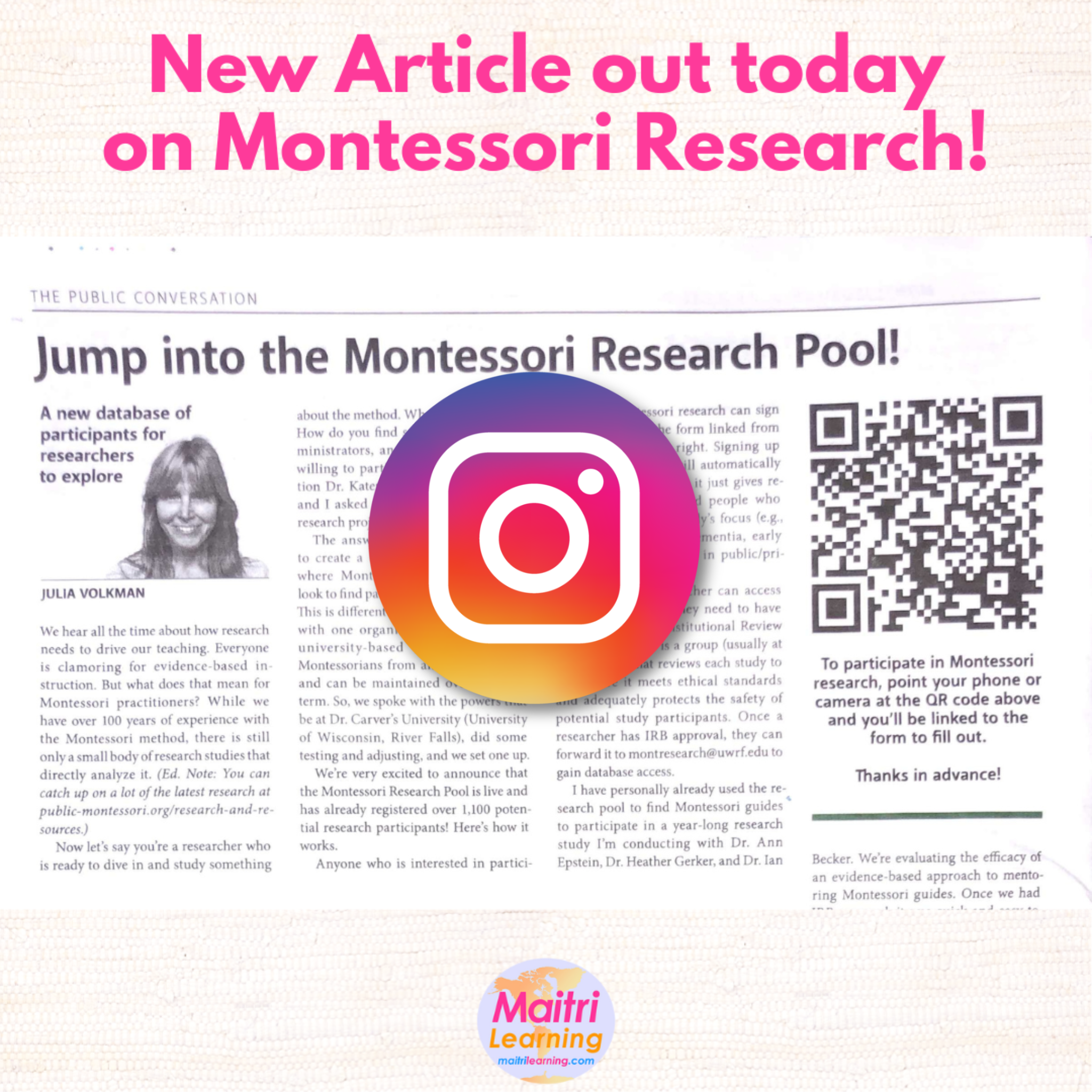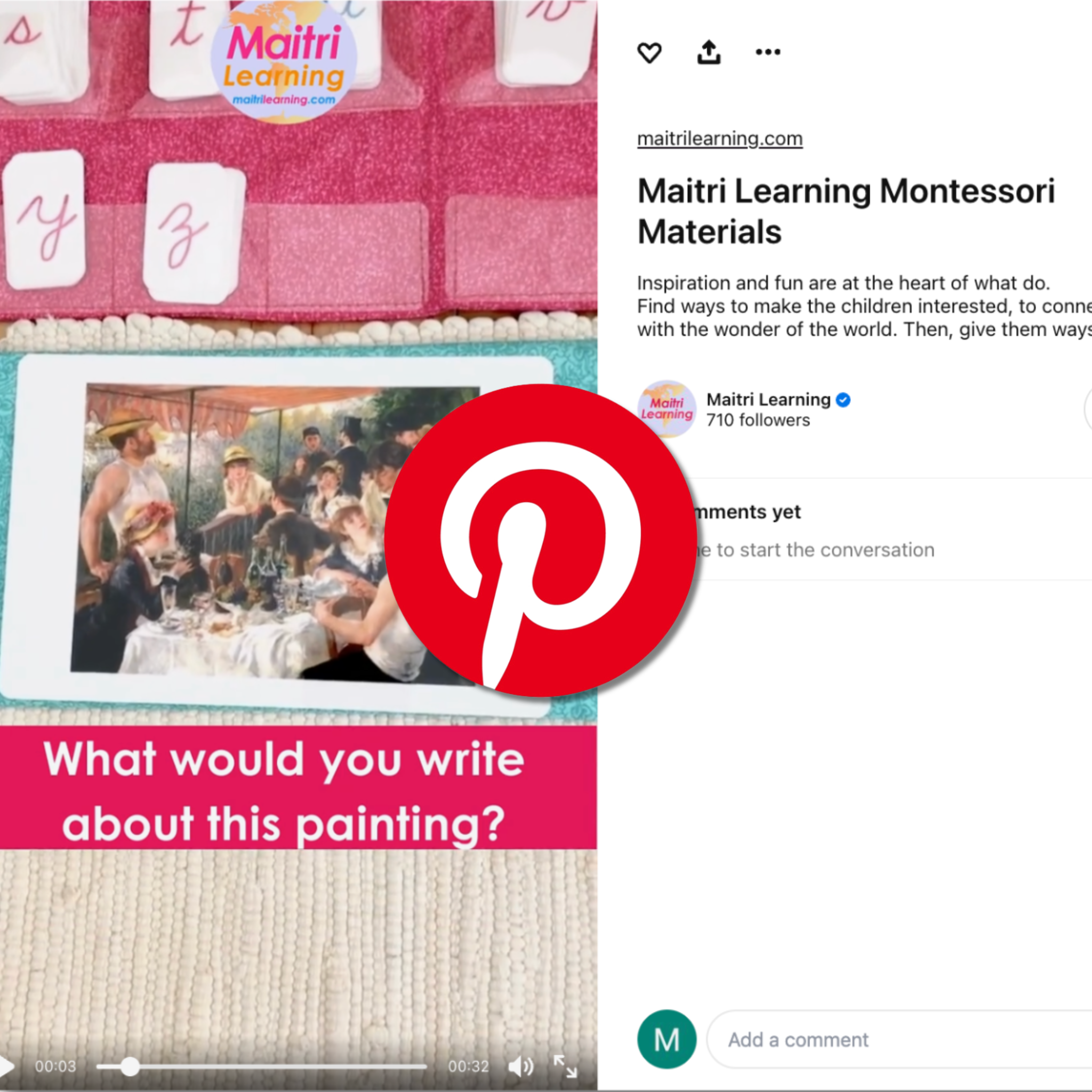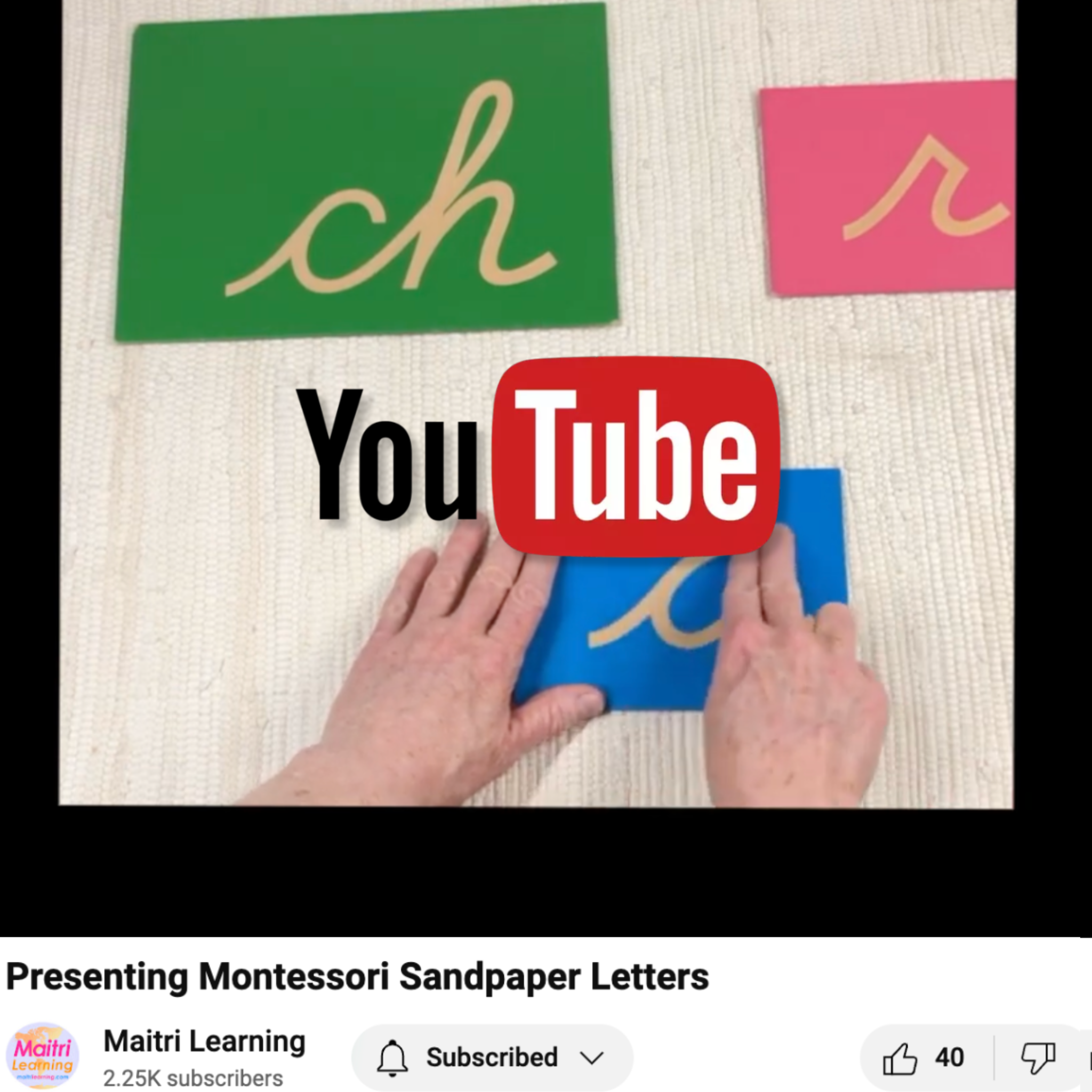Why Juneteenth (and Freedom) Matters for Montessori

When Juneteenth became a US Federal holiday, I wondered if I should add it to the list of Maitri Learning holidays. I had never celebrated Juneteenth and all I knew was that it marked the day when the last slaves (theoretically) were freed in the US. That was back in 1865 in Galveston, Texas, two years after President Lincoln signed the Emancipation Proclamation.
But, of course, there is what is said and there is what is done.
Montessori and Juneteenth
A core aspect of the scientific Montessori pedagogy is that we adults are aiding ALL children towards independence. This means we are preparing them for increasing levels of freedom from day one. We support children and families from all walks of life; those who develop typically and those who develop uniquely; those who are wealthy and those who are not; those who are privileged and those who are treated unfairly. All humans can find a home in this scientific approach to aiding human development.
But freedom is not willy nilly. It doesn't mean children can do whatever they want with no boundaries. Independence and true freedom must entail responsibility. Freedom means you are allowed to make choices that are both skillful and unskillful,... but they are your choices and the results of those choices are also yours.
In Montessori, we are instilling the human right of freedom coupled with inner-discipline from the first days of life. We encourage children to make choices (from skillful options). We show children how to care for themselves, for their environment, and for those around them. We aid children towards achieving independence.
Freedom itself is founded in the underlying idea that humans are essentially good. That when given the right causes and conditions (like a supportive environment, loving caregivers, education, etc.), we will make intelligent choices. And that, in part, is what Juneteenth is celebrating. First and foremost, Juneteenth is here to remind us the truth of our history. But it is also celebrating the inherent goodness of humanity; our ability to notice our errors and address them. Freedom depends on this! If the overwhelming majority of us were not basically good, freedom would never work.
We humans are social creatures. We need each other. But, we are happiest when we can witness our own capacities and offer our strengths to others. We both need each other and need to allow each other the freedom to make choices and realize the consequences of those choices. That's what freedom lets us do.
Freedom with responsibility is what makes peace possible. If we truly want a peaceful society, we must help everyone learn not only what it is to make an intelligent choice, but also how to respond to the consequences of our choices. That is what we did when we ended slavery. We overcame egregious cultural errors (repeated in cultures around the world). We learned from humanity's mistakes and we (finally) chose a more skillful path.
For me, this is why Juneteenth is a day worth celebrating. It reminds us of our resilience both in overcoming the wrongs done to us and in righting the wrongs we have done to others. It asks us to remember how precious freedom is.








2 comments
@Alicia: Can I just say YES to what you said: “Going forward together in peace and strength.” Beautifully put. Thank you!
Julia Volkman
Thank you so much for this insightful post. As a woman/mother of color I had to answer “why dont we celebrate Juneteenth?” Just recently. I wish I had read this post a month ago. We are naturalized Americans and have been reflecting on Juneteenth and 4th of July as both being worth of celebration, but celebration of what? Not ourselves, no. Of our shared history, connected past and connected future, insights gained and hopeful future, sacrifices and humility, love. The possibility of going forward together in peace and strength.
Alicia
Leave a comment
This site is protected by hCaptcha and the hCaptcha Privacy Policy and Terms of Service apply.